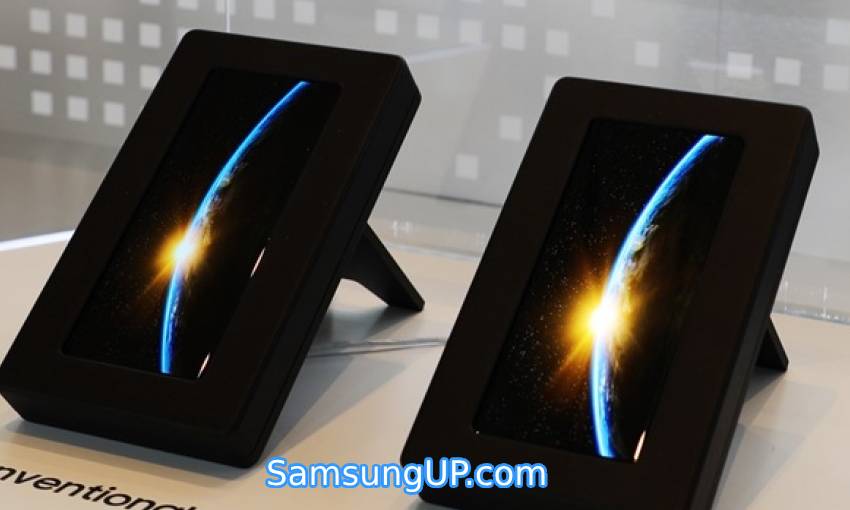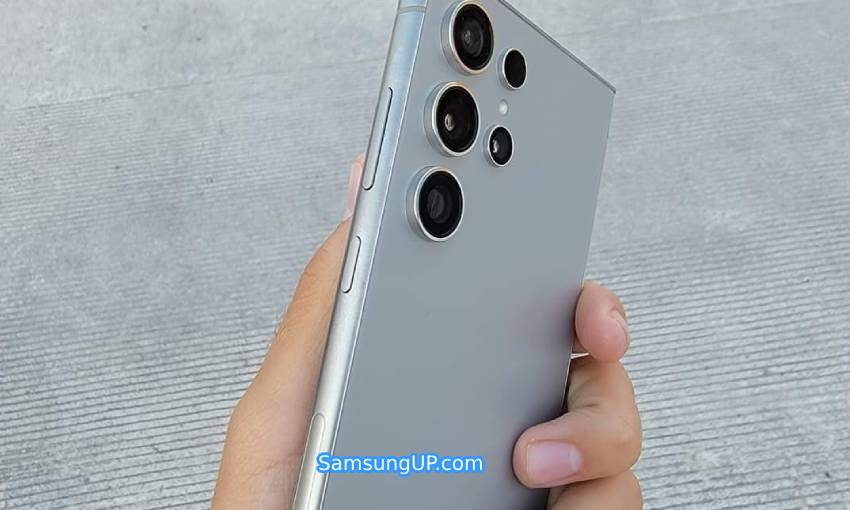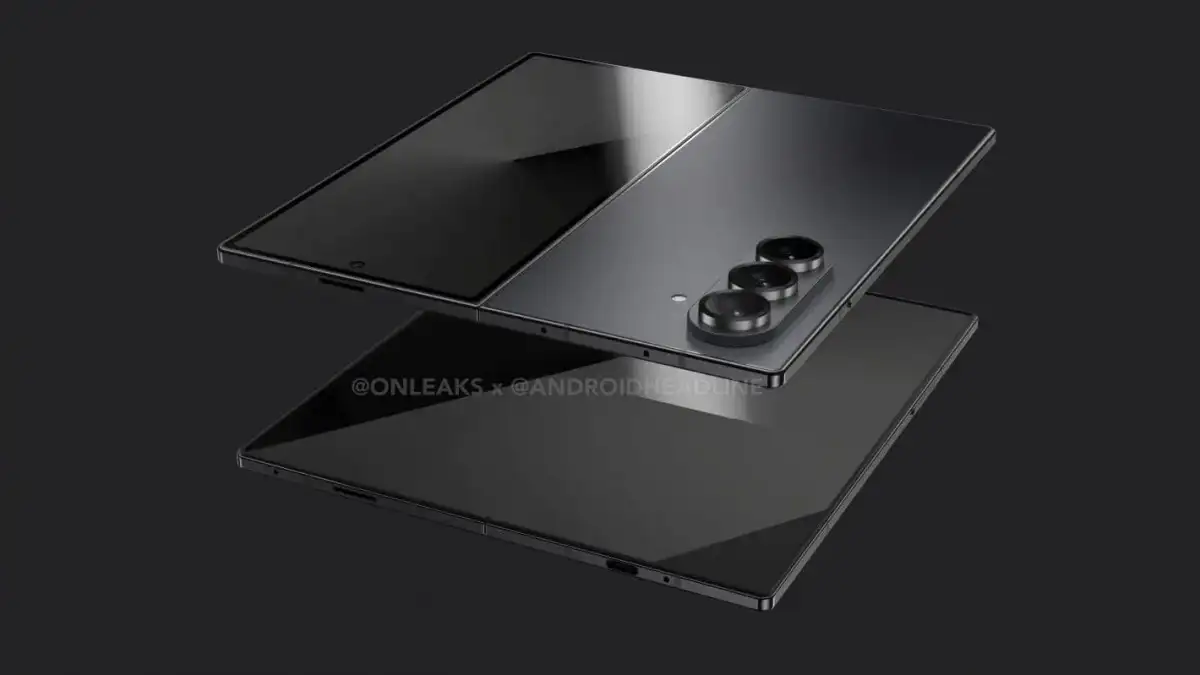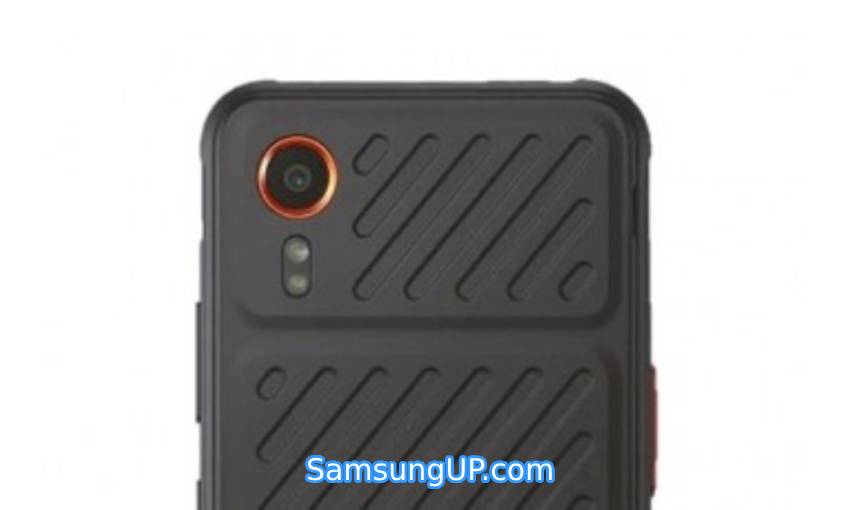In a recent development, Samsung has officially lodged a complaint with the United States International Trade Commission, alleging that BOE, a prominent Chinese tech company, is engaging in unfair competition and utilizing stolen intellectual property to manufacture OLED display modules. This complaint marks a new chapter in the ongoing dispute between the two tech giants, with roots dating back to a previous conflict.
A few years ago, Samsung Display sought to prevent wholesalers from dealing with OLED panels in the United States, asserting that these panels were produced illegally in China through the use of stolen technologies. While this initial move wasn’t specifically aimed at BOE, the Chinese display manufacturer responded by financially supporting the affected wholesalers. These actions prompted the ITC to take action and launch an investigation in early 2023.

In retaliation, BOE initiated multiple lawsuits against Samsung in China, targeting not only Samsung Display but also the semiconductor, investment, and vision branches of the South Korean conglomerate. It appears that this escalation of legal battles has led Samsung to direct its complaints directly at BOE, further intensifying the ongoing conflict.
It is crucial to note that BOE has been striving to secure a place on Apple’s coveted supplier list for OLED panels, but it has faced challenges in meeting Apple’s stringent quality control requirements. This year, Apple was once again compelled to rely on Samsung for the production of OLED panels for the iPhone 15, excluding BOE from the order.
The latest move by Samsung to file a complaint against BOE reflects the deep-seated tensions and legal entanglements between the two companies. Let’s delve into the key aspects of this dispute.
Samsung’s Allegations Against BOE
Samsung’s complaint centers on two primary allegations: unfair competition and the unauthorized use of Samsung’s intellectual property in the production of OLED display modules. Unfair competition refers to practices by BOE that Samsung deems as detrimental to fair trade and market competition. The accusation of stolen intellectual property suggests that BOE may have unlawfully acquired and implemented Samsung’s proprietary technology in its OLED manufacturing processes.
A History of Conflict
The history between Samsung and BOE is marked by previous clashes, with Samsung Display’s attempts to prevent wholesalers from selling OLED panels in the US being a significant point of contention. Samsung argued that these panels were being produced in China using technologies allegedly stolen from Samsung. Although this wasn’t a direct assault on BOE, the company responded by financially supporting the affected wholesalers.
ITC Investigation
The actions of both companies led to the intervention of the United States International Trade Commission, which initiated an investigation into the matter in early 2023. The ITC’s involvement underscores the seriousness of the dispute and its potential impact on the international tech industry.
BOE’s Counterattacks
In response to Samsung’s actions, BOE launched several lawsuits against Samsung in China. These lawsuits were not limited to Samsung Display but also encompassed other branches of Samsung, including the semiconductor, investment, and vision divisions. This multi-pronged approach reflects BOE’s determination to defend its interests vigorously.
BOE’s Pursuit of Apple’s OLED Supplier Status
One of the significant underlying factors in this dispute is BOE’s ambition to become a supplier of OLED panels to Apple. Apple’s high standards for quality control have been a significant obstacle for BOE, preventing the company from gaining a foothold in the lucrative market for OLED displays. As a result, Apple has repeatedly turned to Samsung for its OLED panel needs.
In conclusion, the ongoing dispute between Samsung and BOE, marked by allegations of unfair competition and intellectual property theft, continues to escalate. With Samsung’s recent complaint to the United States International Trade Commission, this conflict has taken a new turn, with potential repercussions for both companies and the broader tech industry. As BOE continues to pursue its goal of becoming an Apple OLED supplier, the quality control challenges it faces remain a critical aspect of this complex and ongoing dispute. The ultimate resolution of these issues will have a significant impact on the competitive landscape of the OLED display market.


